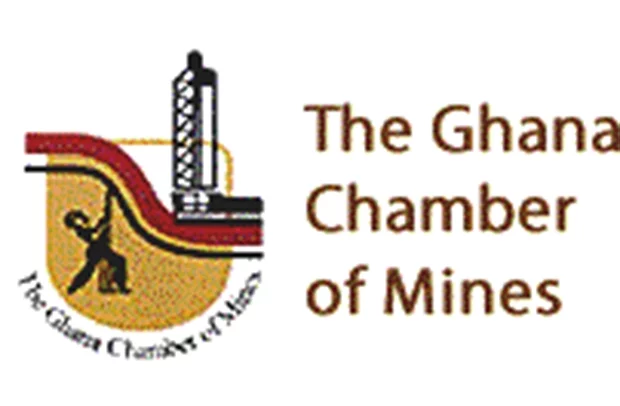The Ghana Chamber of Mines has commended the Minerals Commission for its extensive stakeholder consultations in the ongoing review of the Minerals and Mining Act, 2006 (Act 703).
The Chamber, however, expressed concerns over some of the proposed amendments, warning that they could undermine the long-term viability and competitiveness of Ghana’s mining sector.
In a position paper presented by its Chief Executive Officer (CEO), Ing. Dr. Kenneth Ashigbey, the Chamber acknowledged the importance of the review but cautioned that certain proposals, if passed in their current form, would discourage investment and weaken Ghana’s appeal as a mining destination.
A major concern is the proposed reduction of mining lease tenure from 30 years to 15 years, with only a one-time renewal of 10 years.
Dr. Ashigbey argued that this would limit investors’ ability to recoup capital, encourage high-grading of ore, reduce exploration, and compromise the viability of deep-seated or marginal deposits.
“Such a measure would elevate the tax burden and lower the net present value of projects, ultimately driving investors away,” he warned.
The Chamber also opposed the proposed introduction of a mandatory one percent gross revenue levy for Community Development Agreements (CDAs).
While recognising the importance of social investment, Dr. Ashigbey noted that mining companies already contribute significantly to community projects.
He argued that a rigid levy would reduce flexibility, stifle innovation, and overburden marginal mines.
On fiscal predictability, the Chamber rejected the proposed reduction of stability agreements from 15 years to 5 years, recommending instead a minimum tenor of 10 years.
It also objected to the abolition of Development Agreements (DAs), describing them as essential for attracting investments above $500 million.
According to the Chamber, removing DAs would confine Ghana to low-value projects and weaken the sector’s global competitiveness.
On exploration, the Chamber opposed the plan to shorten prospecting licences to nine years, cautioning that this would undermine Ghana’s ability to fully map its mineral potential and frustrate government’s goal of expanding Ghanaian ownership in mining.
The Chamber urged the Minerals Commission to pursue reforms that balance state revenue needs with sustainable investment and competitiveness in the mining industry.
From Emmanuel Opoku, Takoradi


